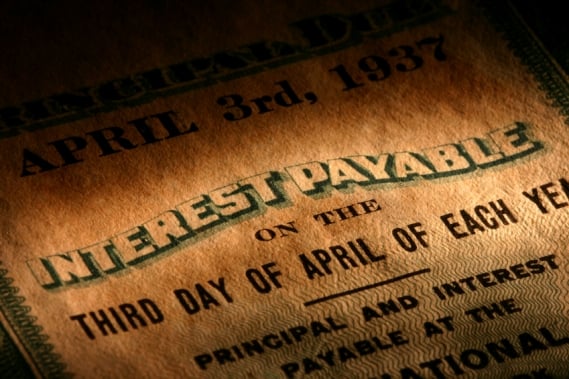State and local governments are unlikely to experience a “material increase” in municipal defaults during the next three to five years, according to a study by Kroll Bond Rating Agency.
The study, released the week after Jefferson County, Alabama, filed the biggest municipal bankruptcy in U.S. history, draws on data from more than 8,500 defaults occurring from 1920 to 2010.
The rating company, established in 2010, determined that the economic strains facing local governments in the wake of the 18-month recession that ended in 2009 made the wave of defaults in the Great Depression a useful comparison. About 4,800 issuers defaulted on obligations from 1929 to 1939, the report said.
“Our study finds that widespread municipal bond defaults have not been a feature of the most recent downturn and we do not expect a sharp increase in defaults over the foreseeable future,” KBRA President Jim Nadler said in an e-mailed statement.
The $2.9 trillion municipal market faces risks, including services mandated by the federal government at a time of declining federal transfers, unfunded pension liabilities, necessary infrastructure upgrades, and weak economic growth, the report said.
“We do not foresee a material increase in municipal defaults over the medium term,” the study said. “Moreover, our findings support the view that any resulting investor losses are likely to be small.”
RELATED ITEM The top 10 tax- managed funds &rquo;
The Chapter 9 filing by Jefferson County, with more than $3 billion of sewer debt, followed bankruptcies involving Central Falls, Rhode Island, in August and Harrisburg, Pennsylvania, last month.
RELATED ITEM Biggest muni bankruptcy ever puts investors on high alert »
It came as the county, the receiver, bondholders and Alabama state lawmakers failed to implement a tentative deal struck in September that would have cut the amount owed on the sewer bonds and increased rates.
--Bloomberg News--







